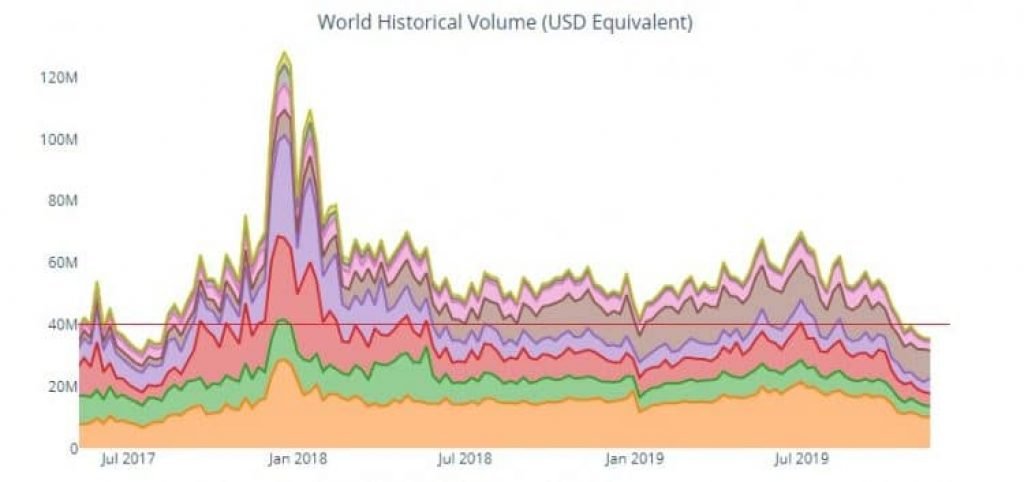2019-7-20 16:32 |
Reports have been coming in from the Canada Revenue Agency that the country is experiencing a massive surge in the number of tax evasion cases.
According to the agency, the cases are not only directed towards individual citizens, but also large corporations hiding their transaction histories using the blockchain technology and violating local regulations in the process.
The CRA is in the process of identifying all of the entities within the country who have reported cryptocurrency assets or who may be hiding them from the government. In order to properly track the transactions, the agency still needs to boil down the 30 million+ citizens it has within its borders. No matter how one may look at it, it’s a very serious undertaking.
Audits and complianceThe CRA is definitely not new to the blockchain industry as it has been monitoring the Canadian landscape of the market for quite some time now. The most active year for the CRA was 2017 when it first conducted around five dozen audits with known crypto companies in the country because of the sudden Bitcoin boom.
Now in 2019, Canada has joined the J5 task force for regulating and monitoring various jurisdictions with the goal to unearth as many tax evasion schemes as possible. The task force was first inspired by the Australian tax agency when it first found out about the sheer scale of the cases.
Much like their Australian contemporaries, the Canadian tax agency has also touched on the issue of online gaming in the country, which creates a pipeline for “laundering” money on third-party digital wallets, ultimately avoiding the government’s tracing technology.
As soon as gaming related activities started to become popular locally, such as online blackjack for money in Canada alongside sports betting and wagering, the Canadian tax agency became much more lenient.
This was not due to the staff defaulting on their responsibilities, but the implementation of a nationalized law for gaming taxation. Any and all winnings were to remain with the person that had earned them. Needless to say, Canadians started to exploit this law once Bitcoin gaming websites started to appear locally.
Furthermore, most of the websites are forced to be off-shore due to local law, therefore, avoiding the watchful eyes of the government with cryptos becomes much easier.
How the CRA will handle the issueThe CRA has already commented on the issue, saying that they are not planning to break these issues down by categories, but will rather tackle it from one specific standpoint.
The agency is relying on the effectiveness of the J5 taskforce which is sure to supply the members with international standard case studies as well as pretty much unlimited manpower.
The CRA has mentioned that improving their knowledge about international cybercrime is a priority at this point as the country is slowly starting to move towards a completely digitalized economy. And not knowing how the system operates is going to jeopardize pretty much any and all taxing attempts by the CRA in the near future.
At the moment of writing this article, the J5 is in the process of developing strategies to handle multiple issues across countries like Australia, Canada, the United Kingdom, the United States and the Netherlands.
The beginning of the operations will spark the reignition of the monthly audits from the CRA, and we will finally get the scope on how big the issue actually is.
The post Tax evasions in Canada are on the rise – cryptos are primary suspects appeared first on CaptainAltcoin.
origin »Bitcoin price in Telegram @btc_price_every_hour
Canada eCoin (CDN) на Currencies.ru
|
|




















